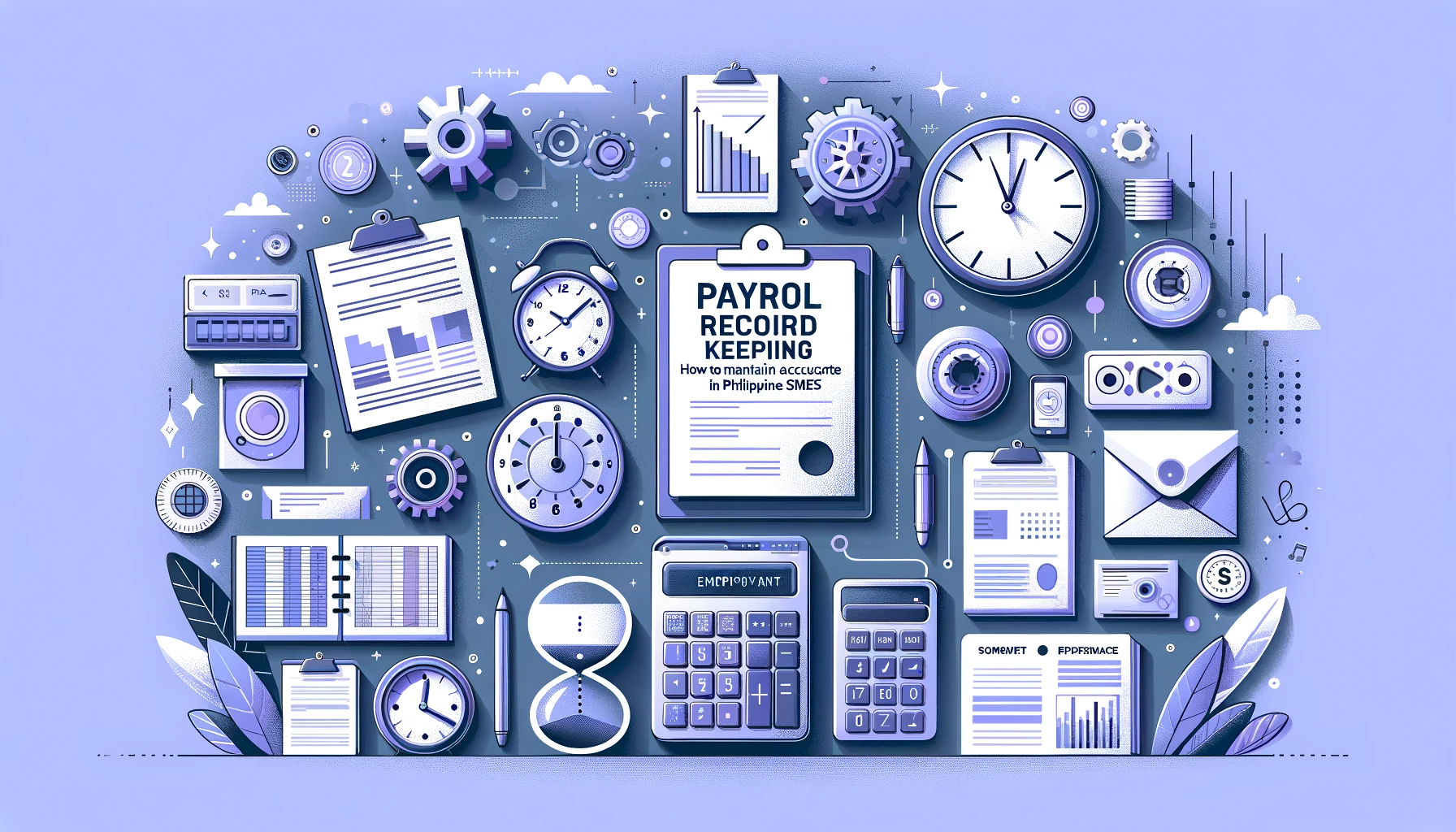ESG Reporting: The New Benchmark for Corporate Responsibility
In the modern business ecosystem, the metrics by which companies are evaluated have evolved. Beyond just financial performance, there’s a growing emphasis on how businesses impact the environment, society, and their own governance structures. Enter ESG reporting – a comprehensive way to assess and communicate these impacts. Let’s delve into what ESG reporting is and why it’s gaining such prominence.
1. Understanding ESG Reporting
ESG stands for Environmental, Social, and Governance. ESG reporting, therefore, is a framework where companies disclose their operations and performance in these three areas.
Environmental:
This pertains to a company’s impact on the environment. It includes factors like carbon footprint, waste management, resource conservation, and more.
Social:
This dimension focuses on a company’s relationship with its employees, suppliers, customers, and the communities where it operates. It encompasses aspects like human rights, labor standards, and community development.
Governance:
This relates to a company’s leadership, executive pay, audits, internal controls, and shareholder rights. It’s about how a company makes decisions, manages conflicts of interest, and ensures transparency.

2. The Rising Importance of ESG Reporting
Stakeholder Expectations:
Today’s stakeholders, from investors to consumers, demand more transparency. They want to align with businesses that share their values. ESG reporting provides a clear, structured way for companies to communicate their ethical and sustainable practices. Based on a PwC study, close to 80% respondents stated that ESG greatly influenced their investment decisions.
Risk Management:
ESG factors can pose significant risks to businesses, from environmental penalties to social backlash. By actively monitoring and reporting on these areas, companies can identify and mitigate potential threats.
Competitive Advantage:
As ESG becomes a focal point in the business world, companies that prioritize and excel in these areas can differentiate themselves in the market. This can lead to increased trust, brand loyalty, and even financial performance.
Regulatory Landscape:
While not universal, there’s a growing trend of regulatory bodies across the world requiring some form of ESG disclosure. Being proactive in ESG reporting can position companies favorably in this evolving landscape.
3. Beyond Just Reporting
While ESG reporting is fundamentally about disclosure, its implications run deeper. It’s a reflection of a company’s commitment to broader societal goals and sustainable business practices. By adopting ESG reporting, companies aren’t just ticking off a compliance checklist; they’re signaling their role in shaping a sustainable future.
Conclusion
ESG reporting, while a relatively new facet in the business lexicon, is rapidly becoming a cornerstone of modern corporate responsibility. As the world grapples with pressing challenges, from climate change to social inequities, the onus is on businesses to play their part. ESG reporting is not just a reflection of this responsibility but a testament to a company’s vision for a sustainable, inclusive future.








